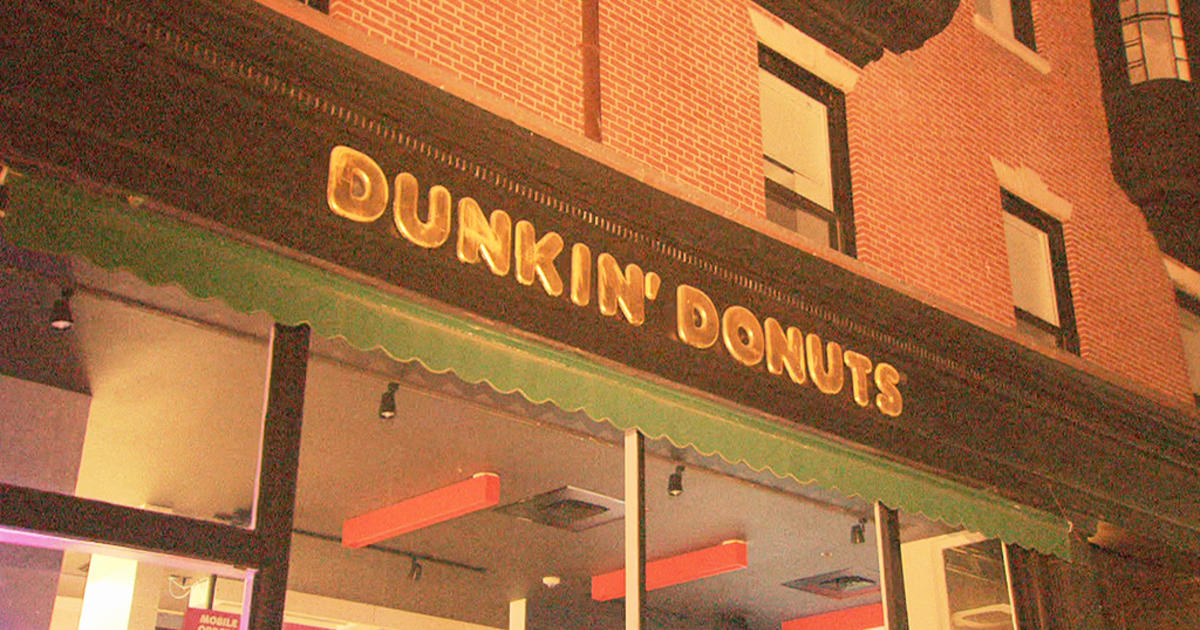- Joined
- Feb 6, 2010
- Messages
- 100,717
- Reaction score
- 53,433
- Gender
- Male
- Political Leaning
- Undisclosed
Of course there are problems. Nobody is claiming these things are magic. Screens break, software has bugs, batteries die, USB-C is an invention of satan, etc. You're a design engineer? Have you designed anything for a fast food joint?Do you want me to explain the problem in detail and include both systems engineering and ergonomics. I'm a design engineer. This is what I do.
Because I think you're not considering that these systems pretty much already exist. There's already a screen that orders are punched into, a system to connect a credit card terminal to that screen for payment, and send the order to the back to begin prepping. The screen is already there, and already performing these tasks. The screen is just facing the other direction and there's a person hired to push all those buttons for you.
Now, you can't just spin the monitor around and call it a day, obviously. That interface is designed for a trained employee. Customers are going to be slower and clumsier. They need an easier interface, and probably a larger one.
Again, I'm not saying the problems don't exist. I'm saying McDonald's doesn't care because the screens save money. I think the barriers are much more cultural than financial or technical.
I don't expect "zero humans" is the result here. "Far fewer humans" is. If these screens can bring a shift from ten down to five, they're going to do it.Most of these systems are very poorly designed, have poor backup plans, get overloaded easily and they are very limited in function. A human backup is often the best choice except in environments that are hazardous. I'd rather deal with a moderately intelligent human that is well paid for their time. It makes life much more rewarding. Computers are good at certain things but consumer service is not one of them.
Last edited:


